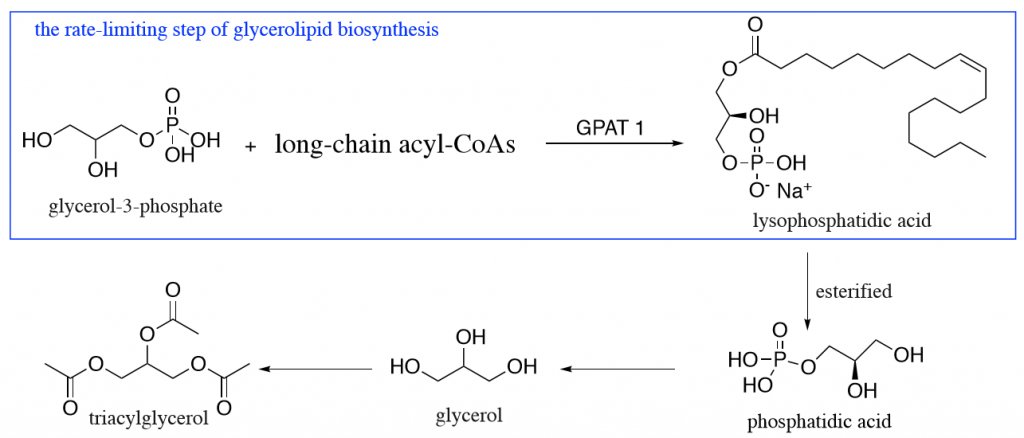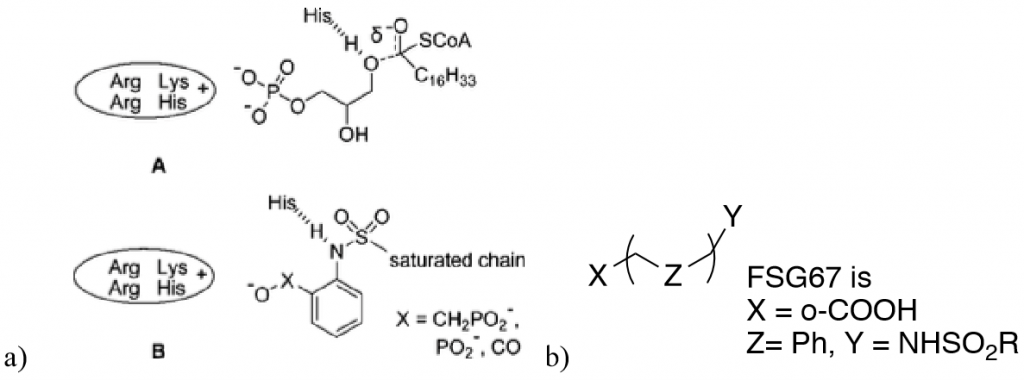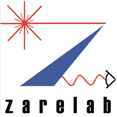Discovery of Potent Inhibitors Against GPAT (Glycerol 3-Phosphate Acyltransferase) for Treatment of Cancer and Other Diseases
Feng Jin
Obesity is a common social healthy focus, and about 66% American adults suffer this disease, which leads to a series of subsequent diseases, including diabetes, hypertension, cardiovascular diseases, non-alcoholic fatty liver disease, even certain types of cancer. Glycerol-3-phosphate acyltrans-ferase-1 (mtGPAT) catalyzes the following key step in the synthesis of animal fat and plays a central role in the biological process of obesity.

Scheme 1. Biological synthesis of TAG
Increased triacylglycerol(TAG) synthesis is associate with obesity and many other health problems, thus GPAT has been supported as a good target for anti-obesity treatment. However, to date, no GAPT inhibitor has been approved for clinical trials maybe due to moderate or weak inhibitory activity against GPAT. And FSG67, a GPAT inhibitor, was initiated as an anti-obesity reagent. In our precious study, we discovered FSG67 has good in vivo anticancer activity, but still with some biological shortcomings, for example, an in vitro µM anti-GPAT capacity. So further we design a series of new and potent GPAT inhibitors, of which some representative compounds may be appropriate for further clinical development.

Scheme 2. a) Substrate-based design strategy; b) Mimic compounds, are capable of competing with A, and block the synthesis of TAG.
